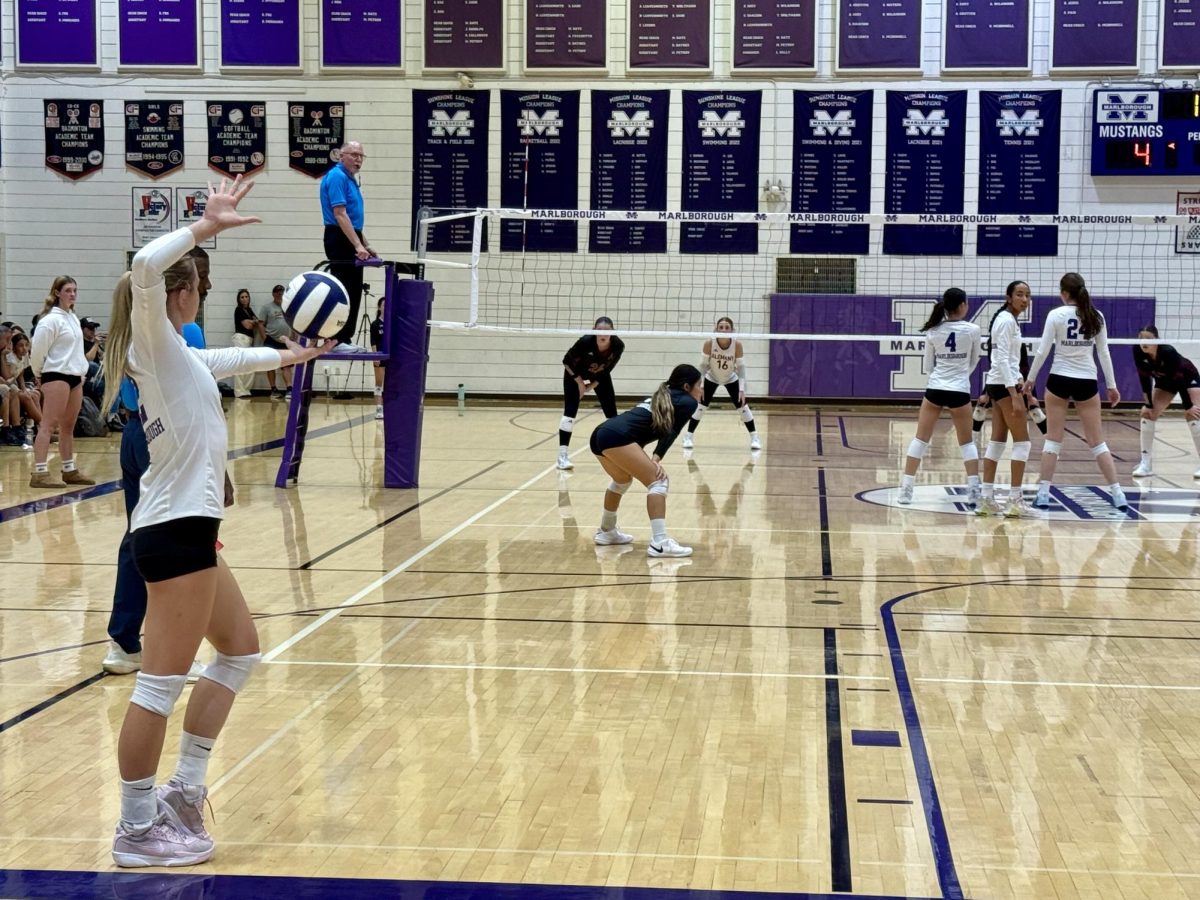Due to disagreements between the owners and the players, the 2011 NBA season came to a grinding halt as of Jul. 1. For the last four months, players have not taken part in their pre-season games, and others during the season have been cancelled after NBA officials commenced a lockout of their players, meaning they are prevented from playing due to their inability to reach a collective agreement over contracts and salaries. The National Basketball Players Association (NBPA), much like labor unions in other industries, negotiates contracts for players together, rather than the players individually negotiating their salaries and terms, because collective bargaining is thought to give the employees more power when negotiating with their employers. Much like the NFL lockout earlier this year, which delayed the start of the football pre-season, all basketball games have been and will be cancelled until an agreement has been reached.
The season was scheduled to start at the beginning of November, although NBA Commissioner David Stern said on Oct. 28 that basketball games through Christmas were likely to be cancelled.
The commission of NBA team owners wanted to cut the percentage of overall basketball game revenues, comprised of ticket, merchandise, and concession sales, devoted to paying player salaries from 57% to 45%. The NBA claimed to have lost about $340 million over the 2011 season because 23 out of 30 teams were unprofitable last season, while the NBPA blames the revenue loss on the NBA owners’ poor decisions. The owners also wanted to reduce the salary and duration of the players’ guaranteed contracts, offering players fewer years of playing for overall less money, which the NBPA also opposed. NBPA President and point guard for the LA Lakers Derek Fisher released a statement in July expressing his desire for players to remain united under all circumstances.
Sports enthusiast and math instructor Deepender Singh related the lockout to the structure of the School.
“There are three parties, the administration, teachers, and students just like in the NBA there is the Commissioner, the Players’ Association, and the fans,” Singh said. “Our administration and teachers agree to certain things (like curriculum to be taught), and the students are the intended audience, who are supposed to benefit from the education delivered through the academic curriculum taught by the teachers. And in the beginning, while it would probably be fun for the students to have time off from School, you’re going to start to miss it. That’s how we feel as the fans. We miss the interactions at the games.”
And, just like the students would be affected by a sudden teacher’s strike, basketball fans are upset that the season has been postponed.
“When I’m sitting home alone on a Friday night, I want to be watching the Lakers,” Taylor ’12 said. “I think it’s about time they’ve reached an agreement.”
The 2011 lockout is the fourth lockout in NBA history, and like the others before, will end as soon as the NBA and NBPA reach an agreement. But until then, the season will continue to be postponed and fans will eagerly await a new contract between players and team owners.
“When you’re already making millions of dollars playing a game you absolutely love, when you look at the bigger picture, there really shouldn’t be anything to complain about,” Taylor said.






